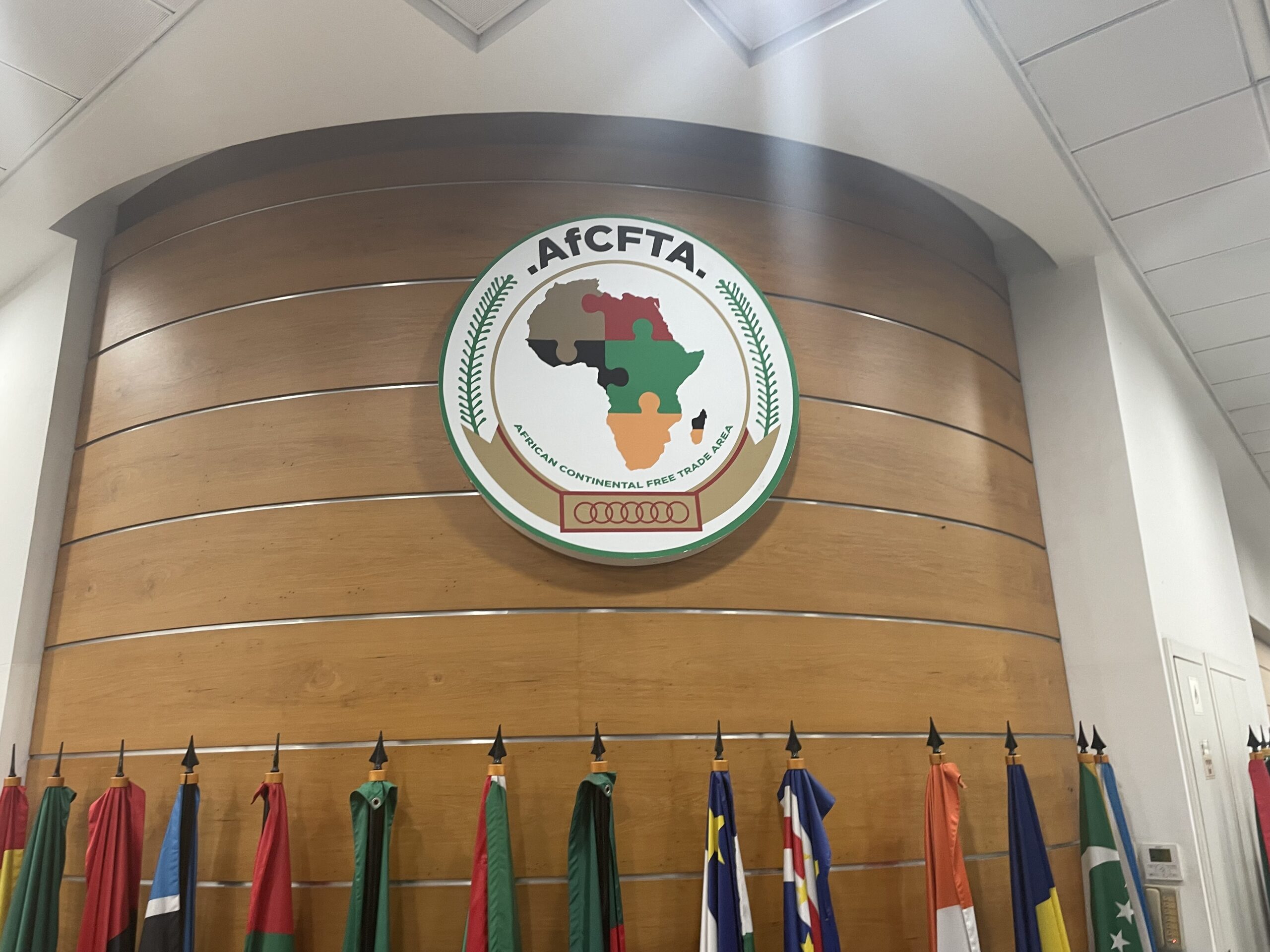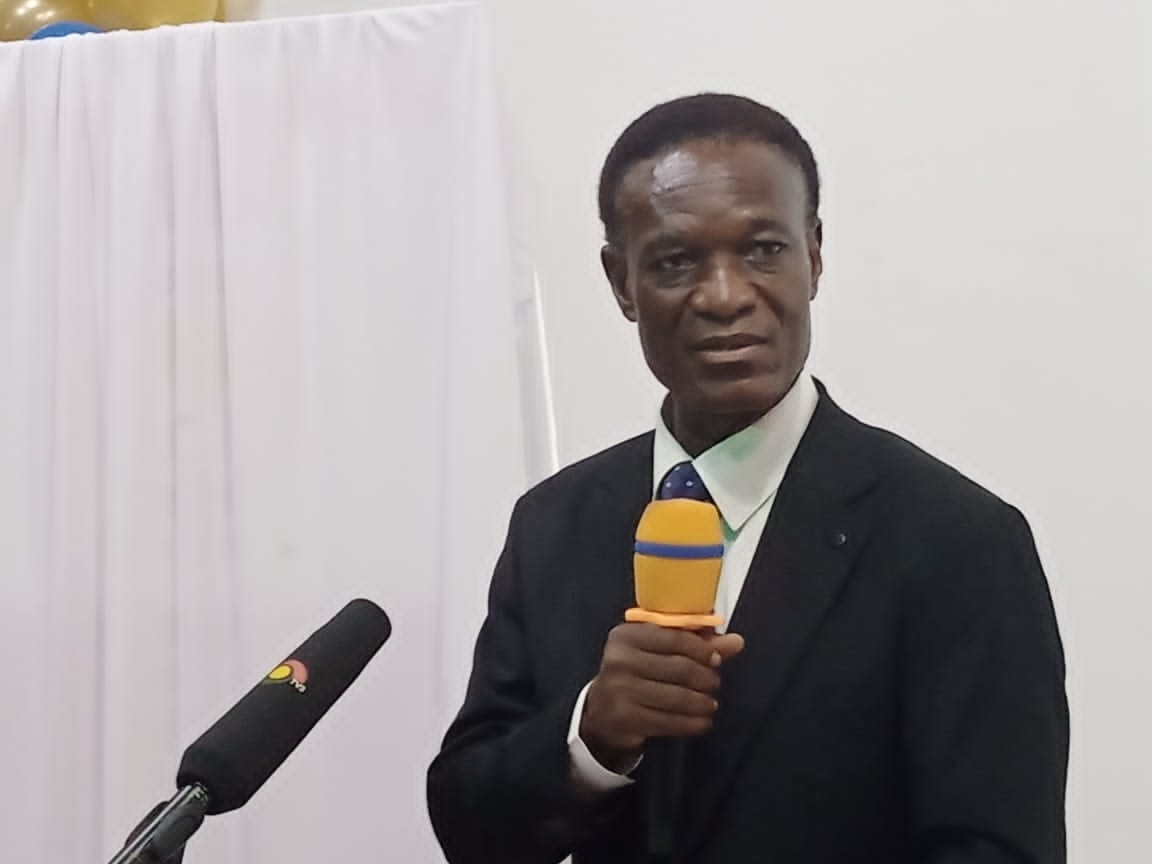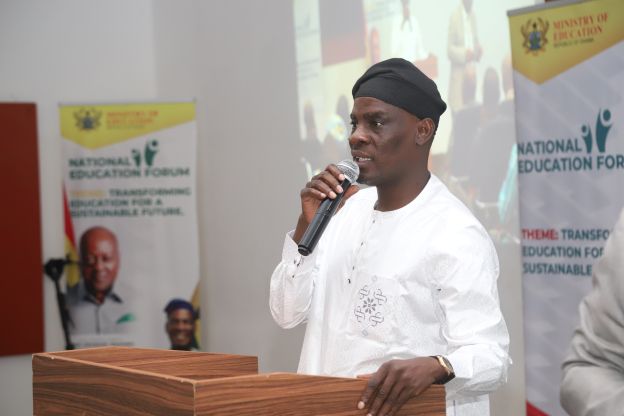
By Francis OWUSU-ACHAMPONG (FCIB)
In a vibrant democracy, one of its most powerful aspects is the freedom to express alternative viewpoints on the path toward development.
Mr Afenyo Markin has earned the respect of many, even among those within the ruling government and other neutral political observers.
However, his recent proposition for a new parliamentary building and an exclusive hospital for parliamentarians has sparked considerable controversy, even among his supporters.
As someone who holds deep respect for the Honourable MP, I find myself at odds with this particular suggestion. At this critical juncture, many—including myself—view this proposal as a serious misallocation of priorities, especially considering our nation’s current economic struggles.
It is important to remember that the electoral results of 57% and 38%, respectively, are indicative of the challenges we face, and the suggestion for such an expensive undertaking seems out of touch with the reality of many Ghanaians, hence drawing the ire of many who have applauded him so far.
Take, for example, Bortianor, a suburb of Accra, where schoolchildren still risk their lives crossing rivers in rickety canoes just to attend school.
Tragically, there have been fatalities. Elsewhere, many children are forced to write their stomach in overcrowded, dusty and dilapidated classrooms.
The appalling state of our roads contributes to an alarming number of avoidable accidents. In major cities, even basic road markings, which could ease traffic flow, are often non-existent.
Why not instead channel resources into improving existing facilities such as Korle Bu, the University of Ghana Medical Centre, the 37 Military Hospital, Komfo Anokye Teaching Hospital, and the Winneba Accident and Trauma Centre?
With strategic investments, these hospitals could become centres of medical excellence and potentially even a hub for medical tourism, boosting national revenue.
An economics student will quickly point out that the principle of scarcity means we must make tough choices. The real question here is whether the resources proposed for a new parliamentary chamber are being allocated efficiently, considering the wider needs of the population.
Could we not, for example, use part of these funds to improve transportation in rural areas—whether through expanding pontoons on the Afram Plains or revamping the Volta Lake Transport Company? Our railway system remains underdeveloped, and heavy goods are still being transported on roads that are not designed to handle such loads.
I believe the NPP is still reeling (bleeding?) from the same miscalculation that birthed the construction of the controversial Cathedral project. No wonder, the opposition capitalised on this to convince the electorate to boot out the NPP among other reasons.
It’s crucial to reflect on past missteps, such as the controversial cathedral project. The NPP’s decision to back it was perceived by many as a prioritization of the needs of the elite, an image the party must now work to distance itself from.
This could further fuel the perception that the NPP is insensitive to the struggles of the everyday Ghanaian, a narrative that is easily exploited by the opposition.
The party must take care not to replicate the socio-economic imbalances seen in some countries, where the rich flourish while the majority remains excluded. Whether it’s a parliamentarian seeking treatment locally or abroad, the inevitability of death remains unchanged—it will come when it comes, irrespective of where one is treated.
Let us focus on more visionary leadership, like that of Governor Gordon Guggisberg and Dr. Kwame Nkrumah, who always prioritized the welfare of the majority over the few.
This country should be careful not to replicate the socio-economic inequities that make South African society rich but less inclusive and notoriously crime laden.
Let us hope for more leaders who think like Governor Gordon Guggisberg and Dr. Kwame Nkrumah of blessed memory who thought about the greater good of the majority.
Fiscal and monetary policy inconsistency?
After the NDC successfully convinced the electorate that the previous government’s fiscal policies were reckless, one is left wondering what new measures the current administration will introduce to correct these imbalances and stimulate economic growth.
There have been promises to cancel certain taxes, and we wait to see how these promises will be implemented, particularly with regard to the reduction of government borrowing.
While these tax reductions may seem appealing, one cannot help but question how the government intends to maintain public finances, especially when facing reduced revenue streams. Will utility fees and import duties rise even contrary to electoral campaign promises? Will the public accept such increases without backlash?
As it stands, nearly every tax handle is slated for modification, leading to a promise of cancellation or reduction, while new spending initiatives like the expansion of FSHS for private schools and free tuition fees for first year undergraduates are promised to fulfill political commitments.
There’s an opportunity, however, to review tax exemptions, many of which have failed to yield the expected benefits. But the real challenge remains: How will the government finance these new expenditures without exacerbating the nation’s fiscal challenges?
Meanwhile, issues of local production costs continue to impede growth, particularly in the food sector, which faces significant supply-side challenges.
The central bank has identified inflation as a result of excess liquidity driving demand, prompting the need for inflation targeting. But as monetary policy aims to reduce inflation through higher interest rates, the banking sector may face challenges in adjusting to these changes, especially with rising non-performing loans and inefficient debt recovery mechanisms.
In the view of the central bank, therefore, inflation targeting must be pursued with a determination to scorch out this excess demand by applying an MPC rate, which now happens to be higher than the 91- day treasury bill rate.
With a government determined to reduce its borrowing requirement through reduced interest rates, one would expect commercial banks to step up credit delivery, ceteris paribus, to recoup the expected drop in their interest incomes from the reduced monetary instruments they normally invest in.
Credit expansion, however, does not spring out of a vacuum with the risk of non-performing loans and the rigid, expensive court processes for debt recovery not comprehensively addressed.
This inconsistency in policy objectives presents a challenge, as efforts to reduce inflation may inadvertently encourage the very economic behaviors that contribute to it. The government must find a balanced approach to managing these conflicting goals.
The church and freezing of investible funds
As I pass by the massive structure being built behind West Hills Mall in Accra, I am reminded of my lectures to students on financing options for entrepreneurs. The grand church under construction raises questions about the prioritization of funds in the country.
In Accra and other cities, there are many similarly impressive church buildings, which, while awe-inspiring, would not pass basic risk management standards in other parts of the world, in terms of communal safety and health considerations.
It is unclear whether the massive structure is owned by an orthodox church or one of these mushrooming charismatic churches.
Much of these funds could be used more effectively if invested in businesses that could create jobs and foster economic growth. The capital tied up in these church buildings could support expanding businesses, reducing the costs of production, and improving the competitiveness of locally manufactured goods.
Rather than sinking millions into extravagant church projects, why not invest in the private sector directly or indirectly to improve employment prospects and address the rising levels of youth unemployment?
Some may label me as an unbeliever for questioning the rationale behind such investments. However, I believe that Jesus himself recognized the importance of addressing both the physical and spiritual needs of people.
While He performed miracles, He also tended to the tangible needs of the 5,000 who gathered to hear Him speak, by providing not only spiritual nourishment but physical food as well. He thus recognised the inseparability of physical and spiritual needs.
In some parts of the world, churches are repurposing their buildings for commercial use, yet they continue to foster a sense of moral and spiritual responsibility. It’s time for churches in Ghana to consider similar investments, perhaps even in the stock market, to generate income that could be reinvested in social projects and businesses that could offer employment opportunities for our teeming, despondent youth.
By doing so, churches could contribute to economic growth, create employment, and teach their congregants the importance of integrity, hard work, and responsibility—values that can have a profound impact on society.
Why should we lock up such huge investible funds in church buildings when even banks are running away from investments in brick and mortar, and choosing sale- lease back and other sophisticated financing models to release funds for profit generation?
Curiously, in advanced economies, hardly would one find that congregants in a church losing their mobile phones and other valuables in the brief period when they troop to the altar for offertories.
The emerging trend in many church services in Ghana, is that entertainment appears to be over shadowing heart rendering reflections on morality and good neighbourliness.
The Church of England and some banks have been recorded to have participated in the obnoxious slavery of the 16th to 17th century, by holding shares in some slave ships and other entities that promoted the immoral economic practices of the day. Suffice to say that profuse apologies have been offered by these institutions since the abolishment of the slave trade.
On reflection, though, I am tempted to ask why these modern- day churches cannot invest some of the capital they tie up in magnificent church auditoriums into investments on the stock exchange.
I cannot find any correlation between the grandiose church buildings and the level of spiritual awareness of the congregants who worship in these buildings, especially when I consider that the same Bible talks about our hearts and minds as the spiritual harbour of our beings.
Flamboyant church buildings cannot reflect any spiritual maturity, unless I am reading the wrong Bible. How do church leaders feel about the incessant calls on the congregation to support such gargantuan projects by “intimidating” congregants with sowing for blessings. Is God now as corrupt as we are to demand bribes before He pours His blessings on us?
We earnestly troop into these structures to pray for God to open employment avenues for our increasingly disappointed youth. Meanwhile, manufacturing firms are struggling with huge costs of capital. As for food processing firms, it is easy to count the successful ones on one’s finger- tips in an agrarian economy like ours.
Church involvement in business, even if indirectly, can provide much needed equity funding to enable firms to expand their operations at minimal cost, while, improving the unemployment situation and its attendant disillusionment that is creating security concerns for the nation.
This could improve employment generation and possibly provide arenas for demonstrating the link between church sermons and honesty, integrity, hard work and loyalty in the corporate space.
As a society, we must be careful about how we allocate our resources. Whether it’s the priorities set by our elected officials or the choices made by institutions like the church, we must always remember the needs of the majority. Only by focusing on long-term, sustainable development can we create a society that is truly inclusive and prosperous for all.
The writer is a Fellow of the Chartered Institute of Bankers, a former adjunct Lecturer at the National Banking College, a farmer and the author of “Risk Management in Banking” textbook. Email; [email protected] Tel. 0244 324181
The post RANDOM THOUGHTS OF A RURAL FARMER (39): Afenyo-Markins’ mis-prioritization. appeared first on The Business & Financial Times.
Read Full Story












Facebook
Twitter
Pinterest
Instagram
Google+
YouTube
LinkedIn
RSS